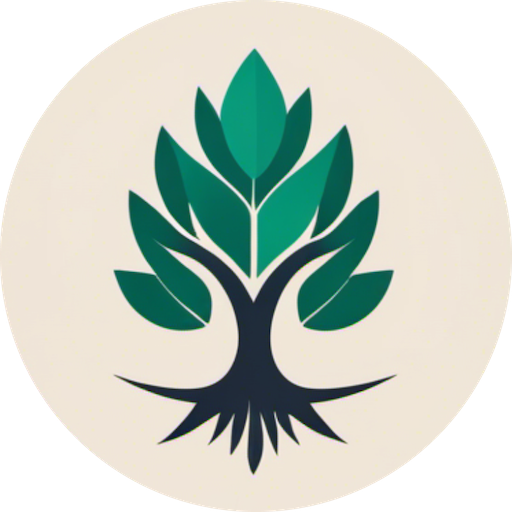Burnout is no longer a hidden issue—it’s a silent epidemic affecting professionals worldwide. A recent study revealed that 42% of the global workforce reports experiencing burnout, highlighting the widespread nature of this challenge. But in fast-paced industries like technology, the numbers are even more alarming. With burnout rates soaring to 47% among tech professionals, unique pressures in this field exacerbate stress and exhaustion.
In a world where innovation is constant and the demand for instant solutions never ceases, the signs of burnout can be easily overlooked. However, failing to recognise these early signals can lead to long-term health consequences, diminished productivity, and personal dissatisfaction.
This article explores the subtle signs of burnout, why they’re often ignored, and how to take proactive steps to safeguard one’s well-being. Let’s decode these silent signals and equip ourselves with the tools to thrive, not just survive.
The Silent Signals of Burnout
How can you detect burnout? It often starts small—feeling drained on a day when you know you’ve rested well. Then comes a sense of irritability or apathy toward tasks that used to bring you joy. This is emotional exhaustion, one of the earliest warning signs.
Next are the physical symptoms: frequent headaches, stomach issues, unexplained fatigue, or even insomnia despite being exhausted. These signals are often written off as minor annoyances, but they can snowball into something much bigger if left unaddressed.
Then comes the toll on productivity. Cognitive decline becomes evident as concentrating or making decisions feels overwhelming. Procrastination sets in, leading to a vicious cycle of stress and reduced output.
Finally, there’s detachment. You may withdraw from relationships, disengage from work, and lose interest in hobbies or activities that once brought joy. Even walking in nature feels like a chore rather than a chance to recharge.
The Risks of Ignoring These Signals
If you ignore the early signs of burnout, you risk facing long-term consequences. Chronic health conditions, like hypertension, anxiety, or depression, can take root. Strained relationships with family and friends may also arise as emotional withdrawal intensifies.
On a professional level, burnout can stall career progression. Creativity, focus, and motivation—the very traits that drive success—are all compromised. The price of ignoring burnout is steep, both personally and professionally.
Steps to Recognize and Combat Burnout Early
The first and most important step is to stop and reflect. Regular self-check-ins are crucial to assess where you stand. Ask yourself questions like:
• “Am I excited about tomorrow’s tasks?”
• “When did I last feel truly rested?”
If your answers are negative, it’s time to prioritise your well-being.
1. Build Healthy Boundaries
Learn to say no to excessive commitments. Overloading yourself may feel productive in the short term, but it comes at the expense of your mental health. By setting boundaries, you can create space for self-care and the activities that truly recharge you.
2. Seek Support
A strong support network is essential. Share your feelings with trusted friends or family members who can offer perspective and encouragement. If that feels too overwhelming, or if these feelings persist, consider contacting a coach or therapist for professional guidance.
3. Adopt Preventative Habits
Remember the adage: mens sana in corpore sano—a healthy mind in a healthy body.
• Prioritize quality sleep.
• Maintain a balanced diet.
• Incorporate physical activity into your routine.
These small lifestyle changes can significantly reduce stress and improve resilience. Finally, consider mindfulness practices like meditation or journaling to help ground yourself amid life’s demands.
Conclusion
Burnout doesn’t happen overnight—it’s the culmination of prolonged stress and unmet needs. The good news is that it’s preventable if you’re willing to listen to the silent signals your mind and body send you. By recognizing the signs early and taking proactive steps, you can protect your well-being and reclaim control over your personal and professional life.
Remember, thriving isn’t about doing everything; it’s about doing what matters most—and doing it well. So, pause, reflect, and prioritize yourself. Your future self will thank you.

